Greek Philosopher Socrates once said, “The unexamined life is not worth living.” I add that an unlived life is not worth examining. I have been obsessed with measuring almost everything I have done in the past eighteen months, from my exercise regimen to goal-setting activities. Here are some ways I have experimented with measuring my daily activities.
Journaling
One of the first things I do daily in the morning and evening is to record my intention for the day and review my activities in the evening. I set intentions of what I intend to do for the day, which is usually based on the TIME Framework (Thankfulness, Insight, Meditation, and Exercise (TIME) framework. I also use a gratitude journal to record what I am grateful for and what I intend to put forth in the world. I have also explored, although not consistently tried using a food journal and exercise journal.
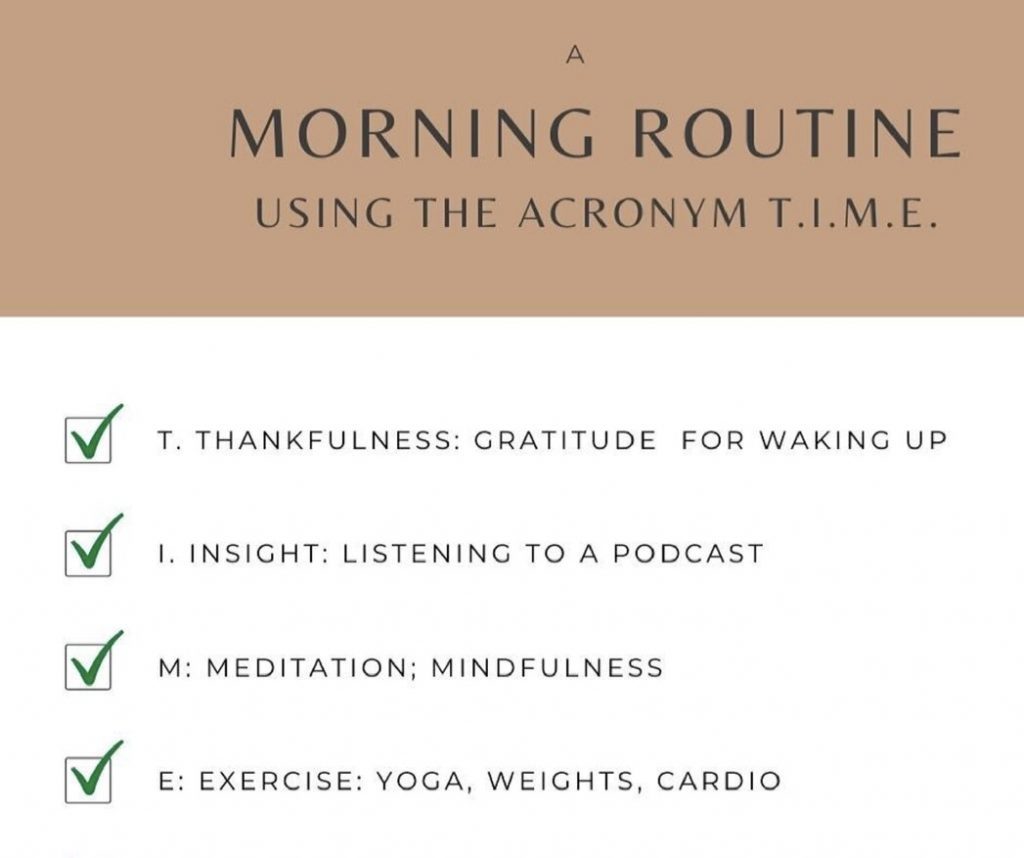
Exercise
One of my most used late apps is the Strava App, a social network for tracking physical exercise. My daily exercise routine includes a 10KM run, basketball shooting, swimming lap, body weight training and outdoor cycling. I measure all these activities using the Strava app. I average 3 hours of exercise daily as I prioritize my health above others.
Meditation
I have meditated consistently for at least 20-30 minutes daily since December 27, 2021. I am presently on day 584 of consistent daily motivation. The streak/momentum gives me confidence and the resilience to keep pushing on trying days.

Blogging and Podcasting
One of the ways I have been experimenting with working on my writing skills is to write on this blog consistently, at least once a day. I have stayed consistent with it because I stack the habit with listening to a podcast episode and also writing about the guided meditation of the day from the calm app.
Measure the Gain 1
When we set big, challenging goals, it’s easy to see how far we have to go and lose enthusiasm. We can start criticizing ourselves and get dispirited. If your goal is to write a book, pay off your mortgage, build up your retirement, whatever, it can be daunting to look up and realize how far you still have to go.
Success is about incremental change, but we live in an instant-gratification culture where we just don’t want to wait. When we take control of our motivation, however, we can stay in the game long enough to see how that incremental change adds up to major achievements. And we can do ourselves yet another favor when we pair up with our peers to achieve our goals.
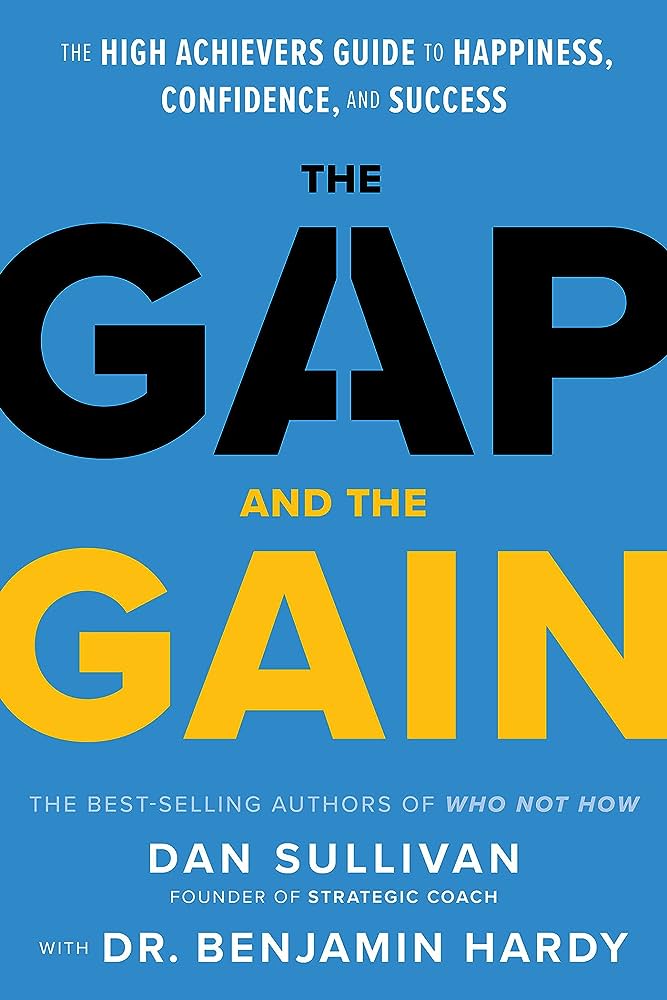
In their book, The Gap and The Gain: The High Achievers’ Guide to Happiness, Confidence, and Success 2, authors Dan Sullivan and Dr. Benjamin Hardy advised: “Measure the Gain, not the Gap.” They write:
Being in the GAIN means you measure yourself backward, against where you were before.
You measure your own progress. You don’t compare yourself to something external. You don’t measure yourself against your ideals.
We all have countless experiences in life. The question is: Are we truly valuing those experiences? Or are we comparing our experiences to someone else’s? When you’re in the GAIN, you value your experiences—all of them. Every experience is viewed as a GAIN. When you’re in the GAIN, your life is based on your actions and results, not what could have or should have happened.
The GAIN is about real “measurables,” not ideals. As performance coach Tim Grover has said, “Winners don’t have a to-do list. They have a ‘done’ list.” When you’re in the GAIN, you focus on what you’ve actually done. You measure your GAINS and use those GAINS to create more and better GAINS in your future.
Every experience can be transformed into a GAIN. Being in the GAIN makes you psychologically bulletproof. It doesn’t matter what actually occurs, you can turn the experience into a GAIN.
When you’re in the GAP about any experience, that experience becomes somewhat of a trauma to you. The word trauma may sound extreme, but trauma, by nature, is an experience you’ve framed as negative, which you avoid, and which creates ongoing dysfunction and debilitation in your life.
When an experience is framed in the GAP, you haven’t learned from it. You haven’t taken ownership of it. Until you actively learn from a GAP experience, you’re stuck. You won’t be able to move forward until you frame the experience as a GAIN. Until you choose to be grateful for the experience and better off because it happened.
Once you get yourself in the GAIN, you become better. You’re no longer bitter. You’re grateful for every experience. You’re living your life based on your own success measurements—which you yourself have chosen.
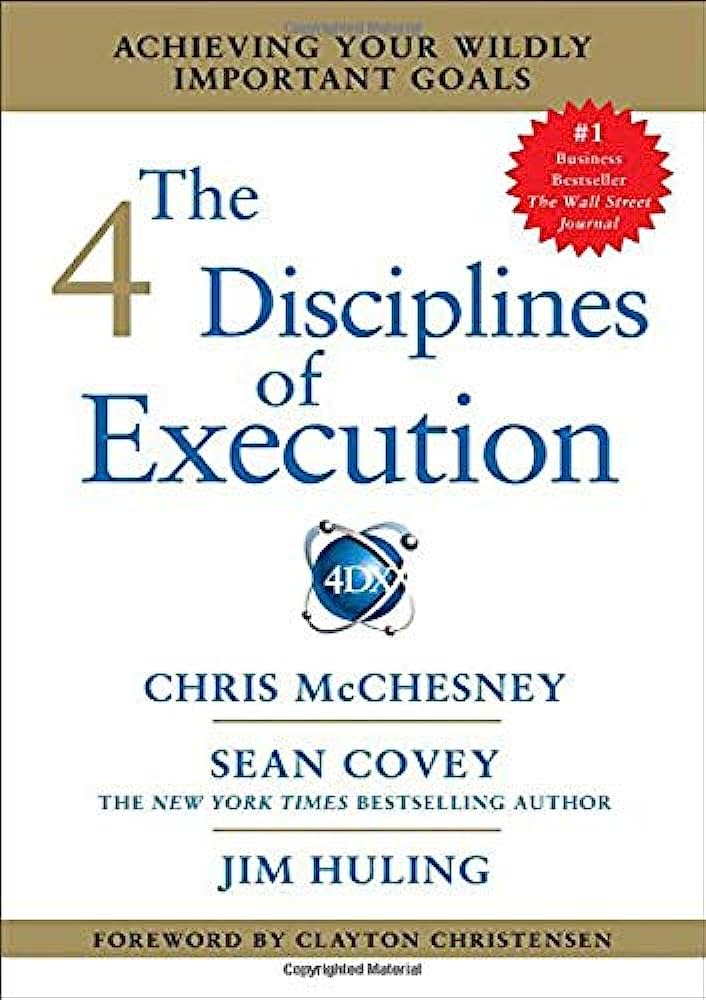
In Discipline 2 of the 4 Discipline of Execution: Achieving Your Wildly Important Goals 3, author Chris McChesney described the two kinds of measures. Chris advised – Act on the Lead Measures.
This is the discipline of leverage. It’s based on the simple principle that all actions are not created equal. Some actions have more impact than others when you are working toward a goal. And it is those you want to identify and act on at the highest level if you want to achieve your breakthrough result.
Whatever strategy you’re pursuing, your progress and your success will be based on two kinds of measures: lag and lead.
Lag Measures
“Lag measures are the tracking measurements of the Wildly Important Goal, or any other measurement you cannot significantly influence individually. These are usually the ones you spend most of your time agonizing over. Revenue, profit, market share, product quality, and customer satisfaction are all lag measures, meaning that when you receive them, the performance that drove them is already in the past. That’s why you’re agonizing—by the time you get a lag measure, you can’t fix it. It’s history.”
Lead Measures
“Lead measures are quite different in that they are the measures of the most impactful actions (or behaviors) your team must do to reach the goal. In essence, the lead measures are the new behaviors that will drive success on the lag measures, whether those behaviors are as simple as offering a sample to every customer in the bakery or as complex as adhering to standards in jet-engine design.”
Meditation
- Daily Jay with Jay Shetty – Process vs Purpose
- Most times, we focus on the method that we forget our motivation. Or what we are trying to achieve.
- Daily Calm with Tamara Levitt – Symphony
Podcast
- President JOE BIDEN Speaks Out For The FIRST Time About His MENTAL HEALTH –
Jay Shetty Podcast
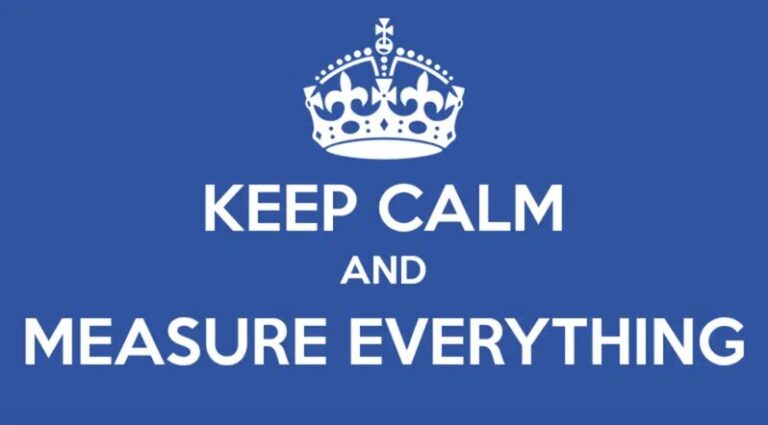
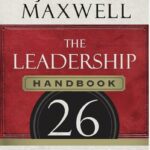
Comments are closed.